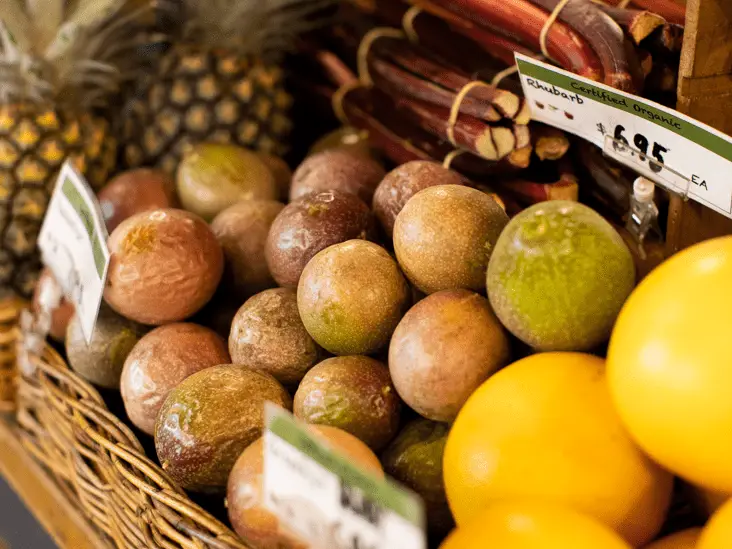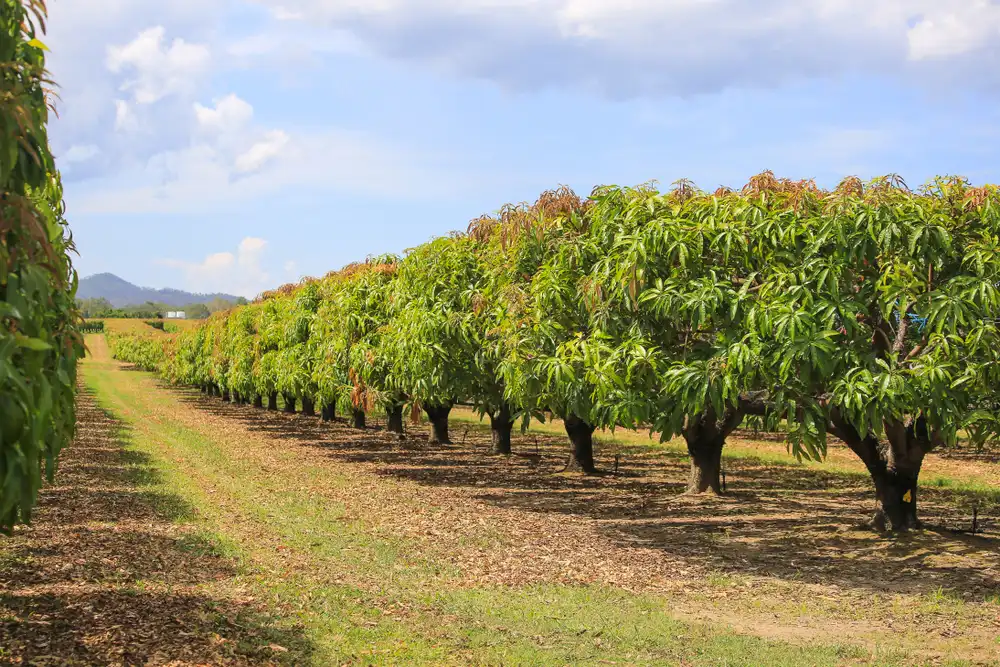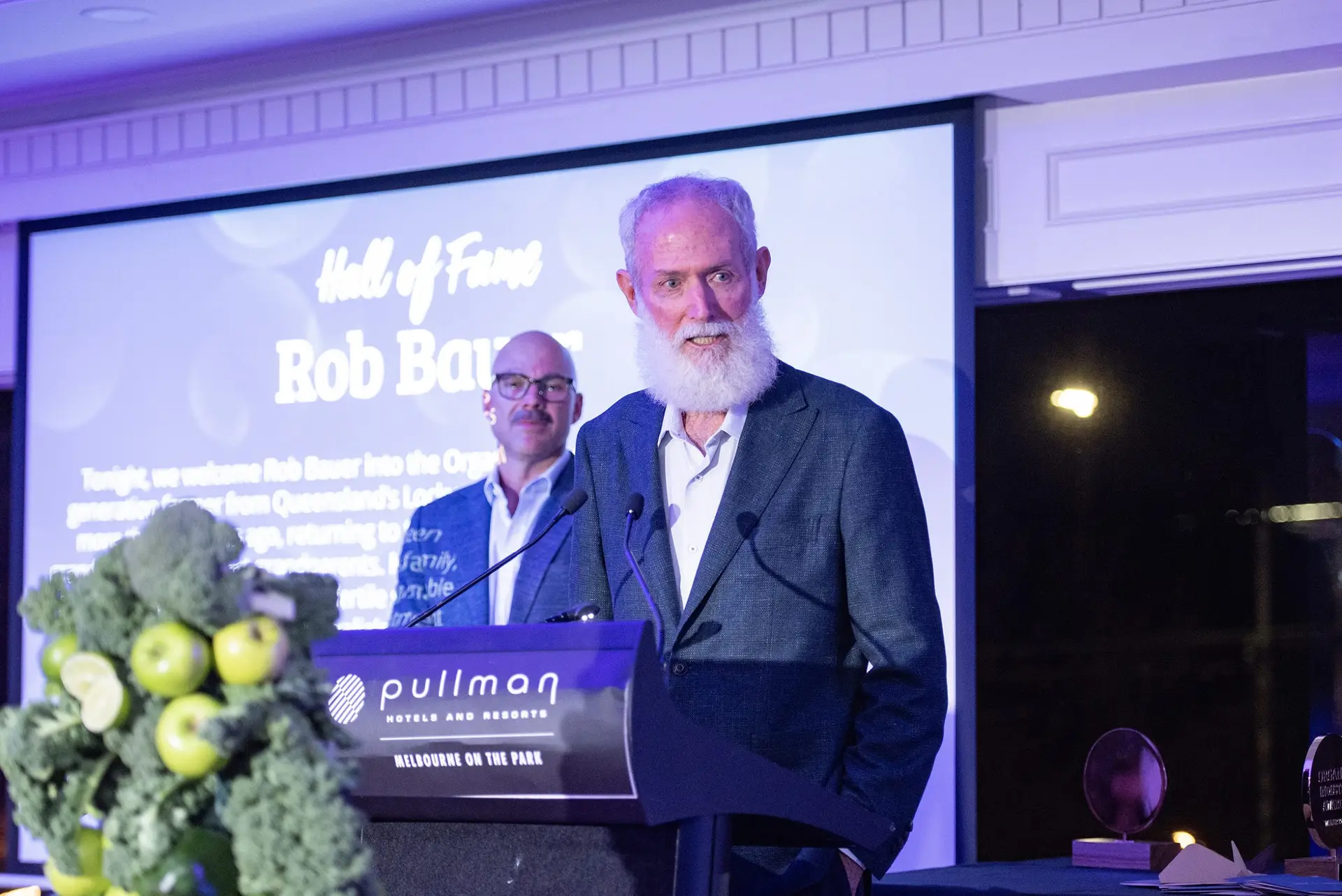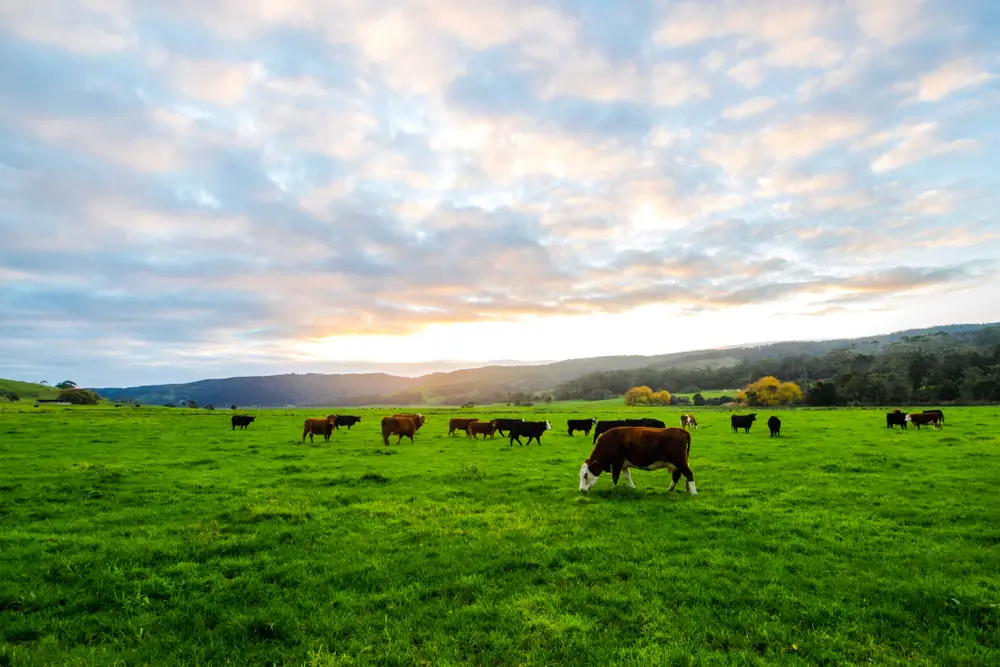Some of Australia’s leading organic businesses and certifiers have warned a Senate Inquiry that Australia risks going from world leader to world laggard if the National Organic Standard Bill is not passed in Parliament next year.
The proposed legislation, introduced to Federal Parliament last month, follows years of advocacy by the organic industry to create a legal definition of the term “organic” for the Australian market.
Currently, products can be labelled and sold as ‘organic’ in Australia even if they contain as little as one organic ingredient, leaving it to consumers to check for certification logos to ensure the label claims can be trusted. In contrast, Australian organic producers selling into overseas markets must adhere to strict export standards and requirements to demonstrate products contain certified organic ingredients.
Market research has shown a worrying trend. While 35% of households reported an increase in their organic budget between 2021 and 2022, almost the same proportion (31%) purchased a product thinking it was organic based on packaging claims, only to later find out it was not. This has led to a significant proportion of respondents (31%) citing trust in organic status as a barrier to purchase.
Jackie Brian, CEO of peak industry body, Australian Organic Limited, said aligning Australia’s domestic regulatory framework with international standards will position the industry to secure critical government-to-government equivalency agreements.
“These agreements are essential for reducing trade barriers, particularly with major markets like the United States, the world’s largest organic market, and increasingly important regions in Asia,” Ms Brian said.
“New Zealand’s recent adoption of a domestic organic standard has already enabled the government to advance equivalency negotiations with key trading partners, demonstrating the direct benefits of regulatory alignment for market access.
“Unlocking access to these markets will create new pathways for growth, allowing Australia to fully capitalise on its world-leading share of organic farmland.”
Certification barriers and financial loss for Australian manufacturer
Didi Lo, Founder and Director of Soulfresh, a Melbourne-based organic manufacturer, said the collapse of a major deal with South Korea for one of their organic brands was just one example of the many challenges faced by organic operators because of Australia’s disjointed regulatory landscape.
“The absence of equivalency agreements forced us to bear additional certification expenses in an attempt to access the South Korean market, resulting in the cancellation of contracts valued between $500,000 and $1 million annually,” Mr Lo said.
“Beyond these immediate financial losses, the complexities and delays associated with meeting South Korea’s rigorous standards diverted our resources away from other growth opportunities, compounding the operational impact.
“It is crazy we have these limitations in place in Australia that are preventing good economic outcomes.
“The lack of domestic regulation of organics is shocking – we are the only developed country in the western world without it.”
Offshore relocation options as Australia remains at the bottom of the tally table
The need for domestic regulation was a key factor in the formation of the Organic Development Group (ODG) in 2023, a coalition of nine industry and certification bodies representing more than 90% of Australia’s organic industry.
In its submission to the inquiry, the ODG noted that Australia was the only country in the OECD without a legal definition of the word “organic”, with New Zealand’s recent introduction of a domestic organic standard having a transformative impact.
Prior to its regulation, New Zealand’s organic sector identified the same barriers to market access as Australia, however its adoption of a domestic standard has facilitated government- to-government recognition of its organic standards and unlocked export opportunities.
The reform strengthened New Zealand’s competitiveness in high-value markets, such as China, where demand for premium organic dairy products continues to grow. By reducing duplicative certification requirements and ensuring international recognition of its standards, New Zealand solidified its position as a key exporter of organic goods.
Mr Lo said faster market access and less red tape was a lure for businesses like Soulfresh to relocate to New Zealand.
“We have already begun evaluating options to move our business to New Zealand to create efficiencies and reduce the current barriers we are facing to secure equivalency agreements,” he said.
Financial burden on certification bodies and operators
The ODG submission noted how the onus is on industry to navigate the technical market access barrier in the absence of equivalency agreements.
“Organic operators, particularly SMEs, face steep costs in ensuring supply chain integrity and meeting certification requirements for export markets,” Ms Brian said.
“Collectively, Australian certified organic businesses are paying approximately $12.5 million per year to access five key markets, with costs including certification body fees, duplicative audits, extensive administrative paperwork, and travel expenses.”
One step closer to regulatory reform
Ms Brian said she hoped the Senate Inquiry report reflected the desire of the industry and the need for greater consumer protection when it comes to organic labelling.
“We are hopeful the benefits to industry and the Australian economy are considered when the Bill is debated next year,” Ms Brian said.
“By streamlining certification processes and facilitating equivalency agreements, regulatory reform will reduce financial burdens, improve cost efficiency for operators, and enhance their competitiveness in lucrative international markets, not to mention the clear benefits for consumers in transparent labelling of organic products.”
Key facts
- Australia accounts for 60% of the world’s certified organic farmland (53 million hectares) but only has a 1.36% share of global organic retail sales*.
- Australia’s certified organic industry directly contributed $851m to the economy in 2022 – approximately 0.04% of gross domestic product (GDP), greater than the clothing manufacturing and process seafood industries – with indirect benefits of $2.6b*.
- The certified organic sector directly employs approximately 12,500 people and supports 22,000 jobs*.
Members of the Organic Development Group:
- ACO Certification Limited (ACO)
- Australian Organic Limited (AOL)
- Bio-Dynamic Research Institute (BDRI)
- Certified Organic Biodynamic Western Australia (COBWA)
- National Association for Sustainable Agriculture Australia (NASAA)
- NASAA Certified Organic (NCO)
- Organic and Regenerative Investment Co-operative (ORICoop)
- Organic Food Chain (OFC)
- Southern Cross Certified (SXC)
(*SOURCE: AOL Market Report 2023)
Media enquiries:
Matt Wordsworth
[email protected]
0404 029 241
Kate Scott
[email protected]
0438 389 092





